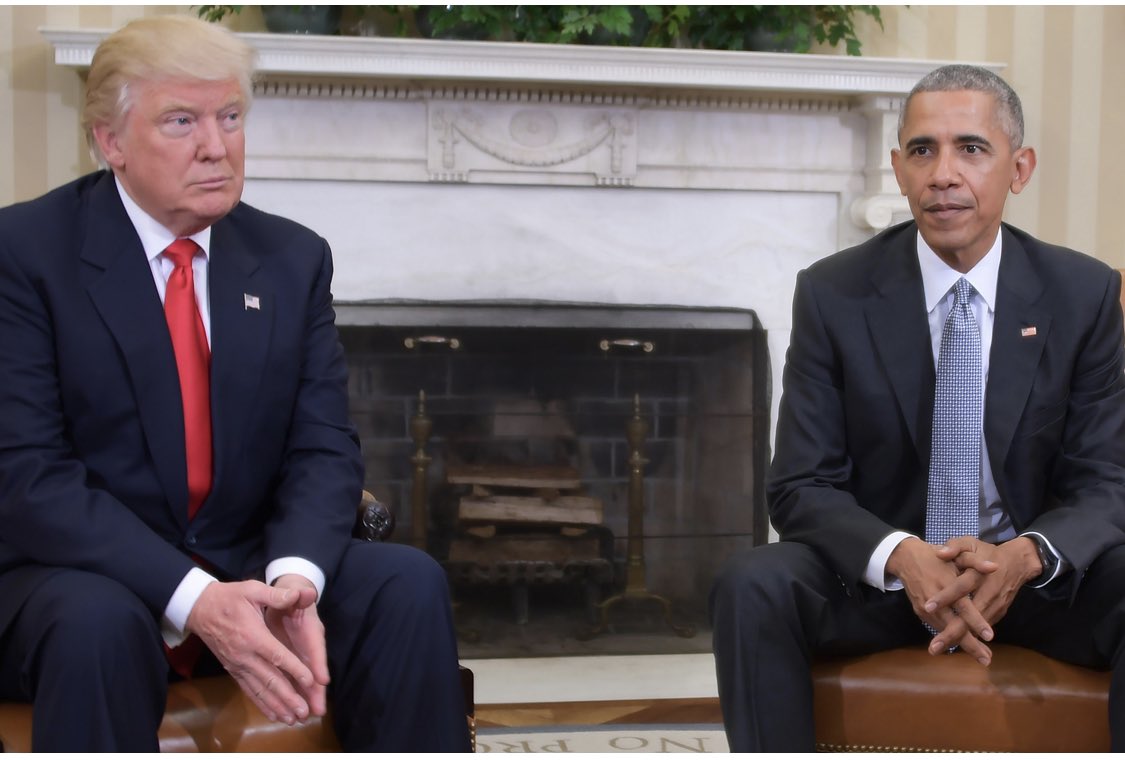This. This is the sort of thing that’s meant when we say “to be pro-neurodiversity is to be anti-racist.”
Just as we demand autistic representation in services and groups about us, we must actively center and empower #AllAutistics in our own organizing efforts and structures.
Just as we demand autistic representation in services and groups about us, we must actively center and empower #AllAutistics in our own organizing efforts and structures.
https://twitter.com/BrandiJeter/status/1267620135000436736
IT IS A PRIVILEGE AND A BLESSING to be a relatively new movement. We have the opportunity to get things right from the start.
This is a matter of social justice and of ethics. It’s also a matter of effectiveness. But, those are just explanations. We shouldn’t need an excuse.
This is a matter of social justice and of ethics. It’s also a matter of effectiveness. But, those are just explanations. We shouldn’t need an excuse.
When I see an autism organization and they don’t have any autistic people on their Board or leadership staff (90%+), I ask “Why?” They almost always reply with a version of “We’d love to, but where are they?”
I respond “That’s your responsibility to figure out.”
I respond “That’s your responsibility to figure out.”
Autism groups (and many larger disability groups as well) don’t exercise active ableism to keep autistic/disabled people from their leadership structure. Instead, passive ableism and ableist constructs keep us out. These groups are largely unaware...
These groups often try to quickly find a dazzling autistic person or two to serve as a token (even though they don’t see it that way). That does nothing of practical impact. Tokenism never works. It’s destructive in its own way.
So, what’s the solution? A group fixing itself.
So, what’s the solution? A group fixing itself.
Some questions we must constantly ask as we build our own organizing structures:
Why are there not BIPOC here?
Why are there not women/nonbinary people here?
Why are there not queer people here?
Why are there not non-speaking people here?
Why are there not I/DD people here?
Why are there not BIPOC here?
Why are there not women/nonbinary people here?
Why are there not queer people here?
Why are there not non-speaking people here?
Why are there not I/DD people here?
Of course, we should ask ourselves those questions BEFORE we begin to organize.
We must also also those questions even if we think we’ve done a good job with them already.
And there’s lots more questions to ask.
We must continue to refine our efforts in this.
We must also also those questions even if we think we’ve done a good job with them already.
And there’s lots more questions to ask.
We must continue to refine our efforts in this.
If we are organizing an effort of autistic people and there are no BIPOC there, if there’s lack of gender diversity, if non-speaking people are absent, if those with intellectual disabilities are absent, if those with high support needs aren’t there, we must ask ourselves ‘WHY?’
It’s not as if the missing people have chosen not to organize or meet with us out of personal taste. It’s not Coke vs. Pepsi. It’s because there are barriers there which have been ARTIFICIALLY erected which prevent them from attending. That comes in lots of forms.
It is joyous work to find and dismantle those barriers. They aren’t unique to autistic organizing. They’re everywhere in life.
The better we are in recognizing and breaking them down here, the more swiftly we’ll search them out and tear them down in other parts of life.
The better we are in recognizing and breaking them down here, the more swiftly we’ll search them out and tear them down in other parts of life.
And here’s the thing: This is how we win. This is how we defeated the outdated status quo around autism under which we and our families suffer. In 23 years of organizing, this is one thing for certain I know.
But, we shouldn’t need that excuse to do it.
But, we shouldn’t need that excuse to do it.
Y’all may read this and think I’m yelling. But, this is a happy thread. This is a rallying call. I wish you could hear the excitement in my thumbs as I type this out.
What an opportunity we have.
What an opportunity we have.
• • •
Missing some Tweet in this thread? You can try to
force a refresh





